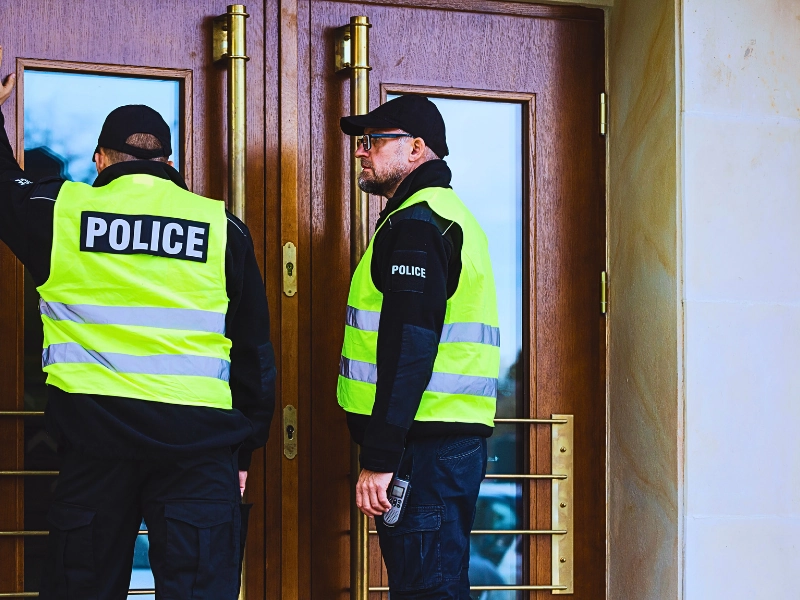In the last post, this blog began a discussion of high court rulings at the federal and state levels concerning whether a warrant is necessary under the Constitution to draw blood during a driving while impaired investigation.
The U.S. Supreme Court ruled as far back as 1966, in Schmerber v. California, that a warrantless blood draw taken during a DWI investigation does not violate the Fourth Amendment protections against warrantless searches, provided the blood test is drawn with other safeguards, such as probable cause, that the test is drawn in a medically approved manner and the sample is taken after a lawful arrest.
The Minnesota Supreme Court similarly ruled in 2008 that a warrantless blood test in a criminal vehicular operation case did not violate the state and federal constitutions, due to what are called “exigent circumstances” in a suspected alcohol-related car accident investigation.
The court reasoned that “rapid, natural dissipation of alcohol in the blood creates single-factor exigent circumstances that will justify the police taking a warrantless, nonconsensual blood draw from a defendant, provided that the police have probable cause to believe the defendant committed criminal vehicular homicide or operation.”
More recently, the Minnesota Court of Appeals ruled, in an implied consent license revocation case, that police do not have to seek a warrant under the constitutionafter the blood draw and before testing the sample.
The Minnesota decisions are the law in this state and are binding on Minnesota trial courts. The Missouri Supreme Court, however, has come to a different conclusion on the meaning of the 1966 U.S. Supreme Court precedent in more routine DWI cases. The Missouri ruling itself does not change Minnesota DWI cases. However, the 1966 U.S. Supreme Court decision and the 2008 Minnesota decision concerning whether a warrant should be required before drawing blood in a DWI case were each decided in DWI cases involving serious car accidents.
The Missouri Supreme Court in McNeely involved what that court itself characterized as “unquestionably a routine DWI case.” No car accident was involved and the officer had the blood drawn at a hospital less than a-half-hour after the traffic stop. The Missouri Supreme Court concluded there were no special circumstances in the routine traffic stop case to justify the warrantless blood draw or search, upholding the trial court’s decision to suppress the DWI evidence.
Courts in Iowa and Utah had previously ruled in line with the Missouri ruling, which were discussed in Minnesota in a dissenting opinion in 2008. At least two other states have ruled similarly to Minnesota’s courts that warrantless blood draws are permissible under the Constitution whenever there is probable cause for DWI, due to the “per se” “exigent circustances” of the dissipating of alcohol in the bloodstream over time. The recent Missouri ruling shows that conflicting rulings in state courts are continuing on this constitutional issue of warrantless blood draws or other forms of testing in DWI cases.
Missouri prosecutors plan to appeal the ruling to the nation’s highest court, but the Supreme Court only accepts a small percentage of those cases seeking review, and it is unclear whether the 1966 U.S. decision will be accepted by the high court.
Sources: AP via Southeast Missourian, “Mo. Supreme Court rejects warrantless DWI blood test in Cape County case,” Dana Fields, Jan. 18, 2012
Minnesota Supreme Court, “State v. Shriner, A07-181,” May 30, 2008
Minnesota Court of Appeals, “Harrison v. Commissioner of Public Safety, A09-1949,” May 4, 2010






